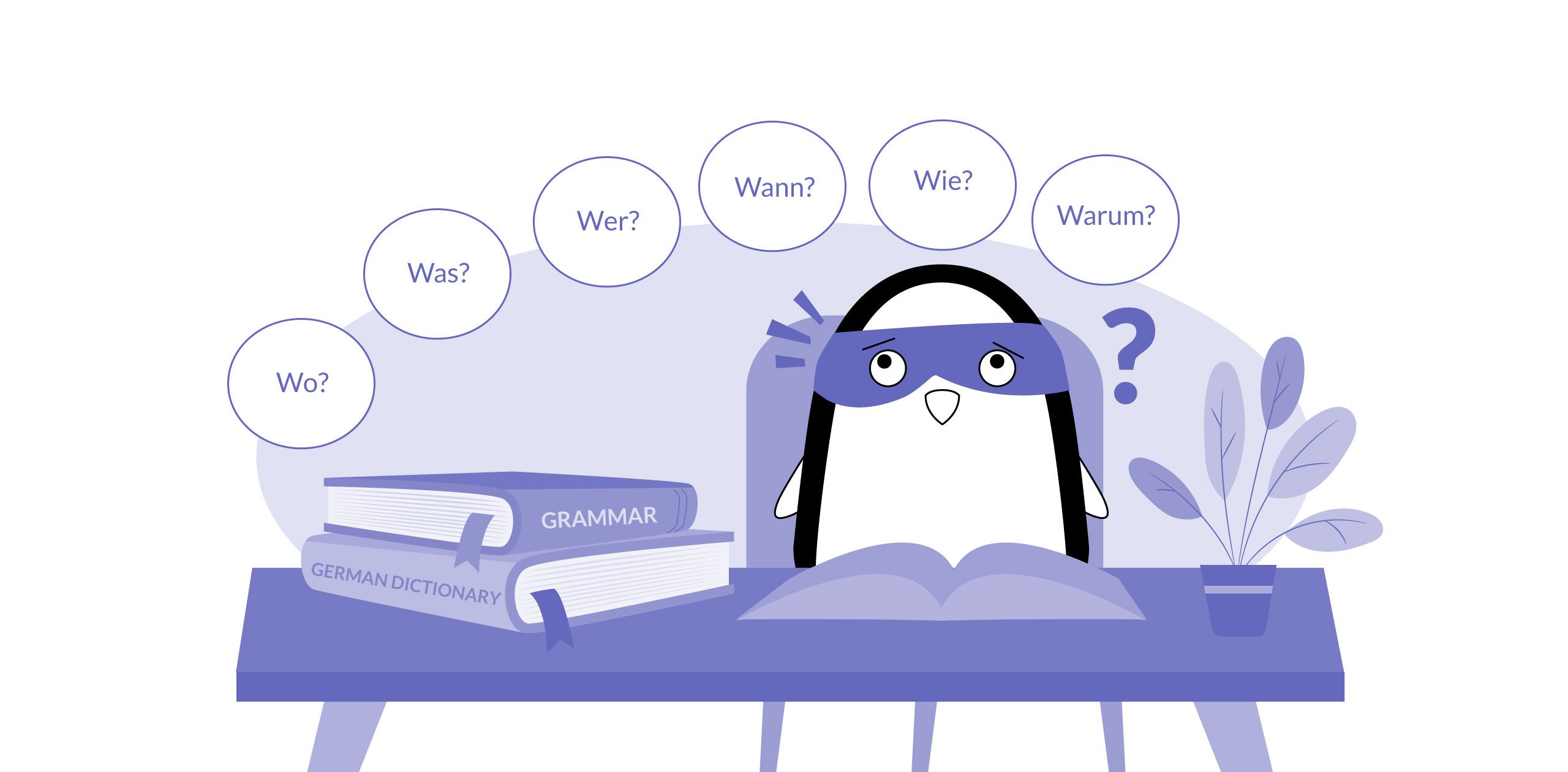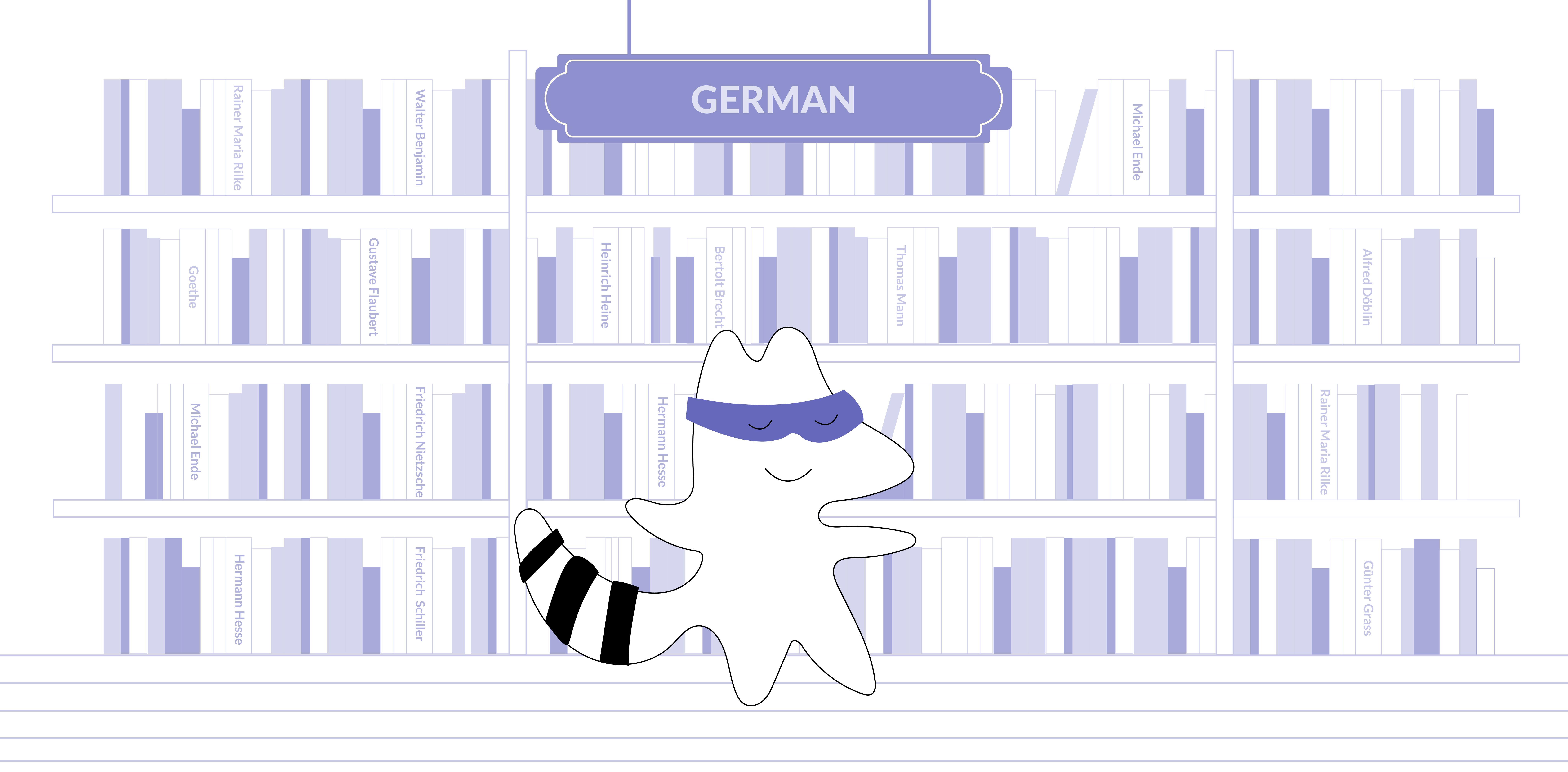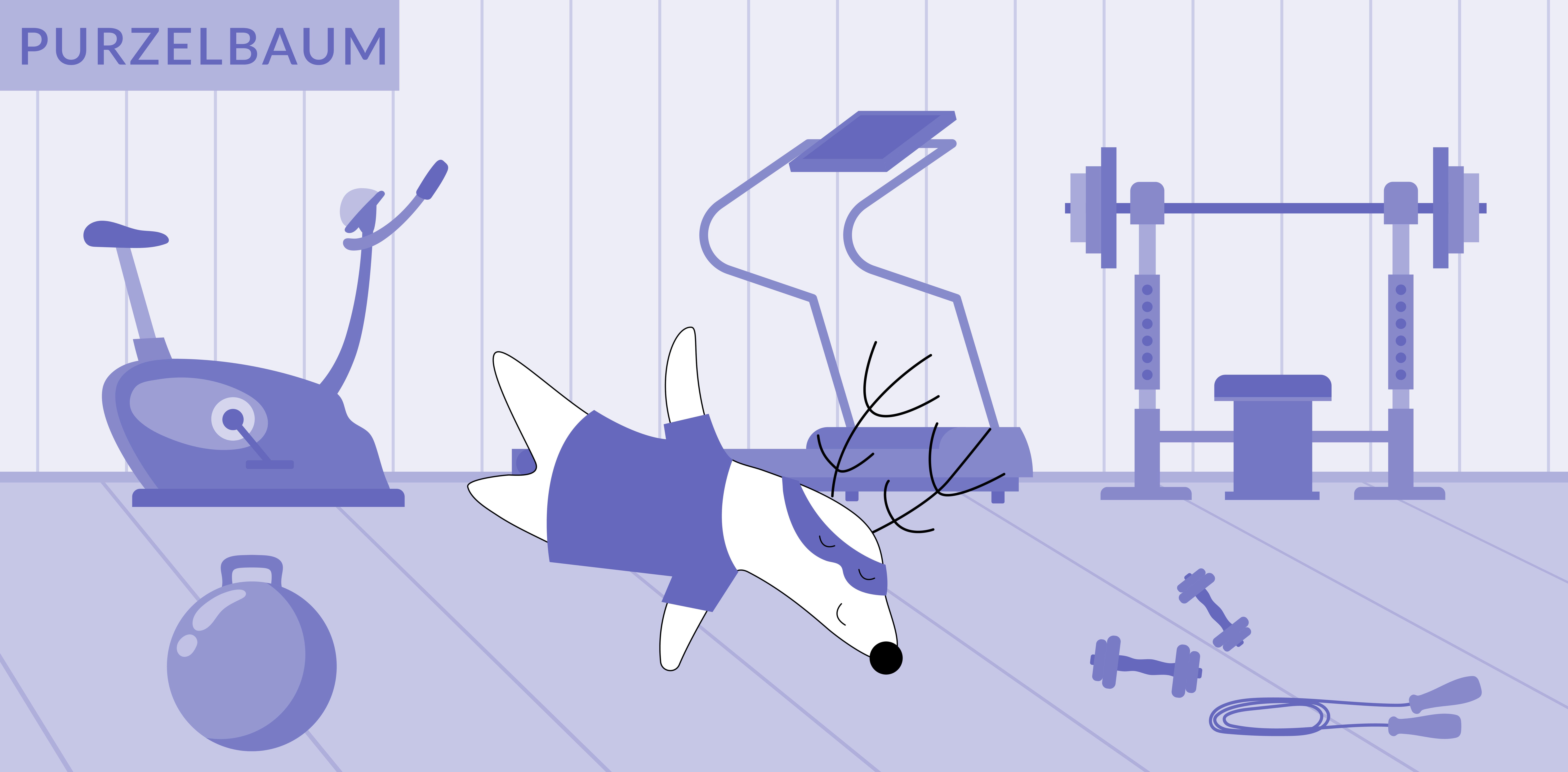
If you're looking for an interesting and exciting way to improve your German skills, why not consider traveling to one or more of the many German-speaking countries around the world? Not only will you get to experience some amazing new cultures and landscapes, but you'll also have plenty of opportunities to use your German in real-world situations.
The seven countries on our list are worth visiting for many reasons, and practicing your German language skills is just one. There's something for everyone in these amazing destinations, from the picturesque landscapes of Austria, to the vibrant city life of Berlin, to skiing in Switzerland, to eating the tasty waffles in Belgium, and more.
Check them out now, and start planning your next German-speaking trip right away.
Learn German with Langster
Germany
Germany is a fascinating country with a rich history and culture that is worth exploring. Not only is it a great place to learn the German language, but it also has a lot to offer when it comes to landscapes, historical artifacts, and city life. Depending on which region of Germany you visit, you will hear different variations of the official language and explore very different activities.
Berlin is one of the most popular tourist destinations in Germany, and for good reason. This energetic city offers everything from world-class museums and theaters to lively nightlife and shopping districts. If you're looking for an exciting city break, Berlin should definitely be at the top of your list.
But, Germany isn't all big cities – there are also plenty of stunning rural areas to explore. One of our favorites is Bavaria, home to rolling hills, fairytale castles, and charming villages. This beautiful region is perfect for those who love nature and outdoor activities such as hiking or cycling.
Pro Tip for Visiting Germany
When it comes to the German language, Germany offers several different experiences for practicing, so try to use them all.
You can explore the big cities and learn the more modern version of the language that German speakers use there, venture into the countryside to practice your skills with a local dialect, or take a weekend immersion course to get more familiar with the Standard High German.
Whichever you choose, don't forget to enjoy some of Germany's world-famous beer while you're at it, and try talking to native German speakers whenever possible.
Belgium

Belgium is a small country where German is a co-official language together with French and Dutch. From its stunning medieval architecture and picturesque countryside to its delicious food and rich history, Belgium is one of main German-speaking countries in Europe for tourists.
The capital city of Brussels is home to many different international organizations, which makes it a great place to learn about global politics and economics if you’re planning a longer stay. But, if you’re there just on a weekend, be sure to check out the city's famous Grand Place, a Unesco World Heritage Site and one of the most beautiful squares in Europe, and enjoy the local cuisine.
When it comes to food, Belgium is well-known for its delicious waffles, chocolates, and beers. So, be sure to try some of these local specialties while you're there. And, if you want to practice your German language skills while enjoying some of these tasty treats, head over to one of the many cafés or restaurants in Brussels where you can order in German.
What to Do in Belgium? Pro Tip
In Belgian cities such as Brussels, Antwerp, or Ghent, you will find that most people speak French as their first language, so choose your locations before the trip. However, almost everyone also speaks German, so don't be afraid to use it when you're out and about.
And, if you're looking for a truly unique experience, make sure to visit the small village of Bruges – often referred to as the "Venice of the North" – where you can explore its canals and cobbled streets by boat.
However, German is not the most widely spoken language here (it is considered a minority language), so think of Bruges as a relaxing destination more than a place for language practice.
Austria
If you're looking for a German-speaking country with stunning scenery, then Austria is the place for you. From its snow-capped mountains and crystal-clear lakes to its quaint villages and medieval castles, this landlocked country has it all.
And, when it comes to the Austrian German language, there are a few unique features that you won't find in other German-speaking countries. For example, Austrians often use different words for common objects, which is similar to the difference between British and American English.
But, don't worry – once you get used to these small differences, you'll be able to understand Austrian German perfectly well.
When it comes to things to do in Austria, there's no shortage of activities, whether you're looking to go skiing in the Alps, visit Vienna's many museums and art galleries, or take a scenic hike through the Tyrolean mountains. And, of course, don't forget to try some of the country's delicious food and wine.
What to Do in Austria? Pro Tip
If you're planning a trip to Austria, make sure to pack your walking shoes. Many of the country's most popular tourist attractions – such as the Sound of Music tour in Salzburg or the Eagle's Nest in Berchtesgaden – are best reached on foot.
Or, if you’re a fan of architecture, consider going on a road trip around Austria to se the country's many castles, palaces, and cathedrals, such as the Schönbrunn Palace in Vienna or the Hohensalzburg Fortress in Salzburg.
Switzerland

If you're looking for picture-perfect scenery, then Switzerland should definitely be on your list of German-speaking countries to visit. From its snow-capped mountains and glacial lakes to its quaint villages and rolling hills, this small country has it all.
And, if you love outdoor activities, you'll be spoiled for choice in Switzerland. In the summer, you can go hiking, cycling, or swimming in one of the many lakes. In the winter, there's skiing, sledding, and ice skating. There's also plenty to do in the cities, such as exploring the old town of Bern or taking a cable car ride up Mt. Pilatus.
When it comes to the German language (which is one of the four official languages), Switzerland has its own Swiss dialect, which is actually divided into several varieties. So, depending on where you go, you might hear a different version of the language.
But, don't worry: everyone speaks a Swiss variety of Standard German (called Standard Swiss German) as well, so you'll be able to communicate with people no matter where you are in the country.
How To Make the Most Out of Your Visit to Switzerland?
One of the best ways to experience Switzerland is by taking a scenic train ride through the Alps. And, if you're lucky, you might even spot some of the country's famous cows grazing in the meadows. Just be sure to have your camera ready!
And, don’t forget to sample some of the local cuisine. Swiss food is delicious, and you'll be able to find all sorts of dishes, especially cheeses – from cheese fondue to raclette – in restaurants throughout the country.
Luxembourg
Luxembourg is a small country located in the heart of Europe, and German is one of its three official languages. German is spoken by a majority of the population, so you'll have plenty of opportunities to practice your language skills.
The capital city of Luxembourg is a great place to start exploring, as it's home to many different attractions, such as the Grand Ducal Palace, the Cathedral of Notre Dame, and the Bock Casemates – a network of underground tunnels that were once used as a fortress.
And, if you're looking for something to do outside of the city, you can take a hike in one of the many forests or go swimming in one of the country's many rivers and lakes. You can also visit some of Luxembourg's famous wineries and taste some of the local wines.
What to Do in Luxembourg? Pro Tip
In Luxembourg, you'll find that people tend to switch between German, French, and Luxembourgish depending on the situation. So, if you're looking to practice your German language skills, research the places where most people speak German beforehand.
If you want to practice more, try to read print media while here – German is the primary language used.
When it comes to making the most out of your trip, you can start by visiting some of the country’s many museums or by taking a walking tour of the capital’s old town. You can also visit one of the city's many parks, such as the Parc des Trois Glands there, and relax in nature.
Liechtenstein

Liechtenstein is a small principality located in the Alps between Austria and Switzerland. German is the only official national language here, so you'll have plenty of opportunities to practice your language skills with the native speakers.
The capital city of Vaduz is home to many different attractions such as the Vaduz Castle, the Museum of Fine Arts, and the Liechtenstein National Museum. And, if you're looking for something to do outside of the city, you can go hiking or skiing in one of the many mountains located nearby.
What to Do In Liechtenstein? Pro Tip
Liechtenstein might be a small country, but it nevertheless has quite a lot to offer, especially when it comes to nature. If you need a few days to relax completely, meditate, or think about the meaning of life, there’s no place better than here, in the Alpine forests and meadows filled with pretty wild flowers.
Or, if you’re more of an active tourist, you can go hiking along the Historical Eschnerberg Trail that passes through ancient settlements and offers a breathtaking view on the Rhine River.
Namibia
Did you think that all the German-speaking countries were located in Central and Western Europe? Well, here’s an exception!
Namibia is a multilingual country located in southern Africa, and German is considered a national language there. While it is mostly spoken by a minority of the population, there are communities where it has an official status.
The capital city of Windhoek is a great place to start exploring the country, but don’t stay there for long. This country has so much more to offer, from the Namib Desert – one of the oldest deserts in the world – to Etosha National Park, where you can go on safari and see lions, elephants, and other animals in their natural habitat.
You can also visit the Skeleton Coast, where you'll find shipwrecks and abandoned settlements along the coastline, or travel to Cape Cross, home to one of the largest colonies of Cape Fur Seals in the world.
Pro Tip for Visiting Namibia
In Namibia, German is considered a foreign language, so you might not have as many opportunities to speak it as in the European countries on our list. If your main reason for going here is language practice in an unusual setting, consider doing some research and visiting the Namibian communities where German is commonly spoken.
Nevertheless, remember that this country can offer you some extraordinary activities and experiences that you won’t get anywhere else – so, if you really want to enjoy the country, don’t let the language barrier stop you.

Bottom Line
From Austria to Namibia, there are plenty of destinations where German is spoken – those on our list are just the main ones. And, while each country has its own unique attractions and experiences to offer travelers, they all share one thing in common: a rich culture and history that can be explored through the lens of the German language.
So, what are you waiting for? Start planning your next trip today. And, if you need to get a bit of practice beforehand, check out the Langster app to learn German in a fun and effective way.









